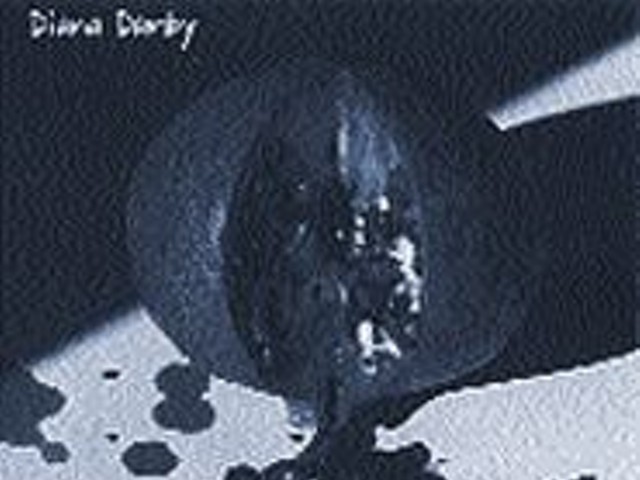Plaid are two gentlemen from England -- Ed Handley and Andy Turner -- who make instrumental music on computers. They were originally pushed to create music because of the rise of acid house and the slap-in-the-face revelation of Detroit techno. Over the course of two (or three) full-lengths (1998's Not for Threes and '99's Rest Proof Clockwork -- '91's Mbuki Mvuki is arguably an EP), the duo has stretched the sound of techno and house to meet other musical genres; they'll toss off a synthetic dub track, place it next to a weird techno African juju breakdown, examine the possibility of turning a classic blues riff into a dance-floor ode to joy while concurrently playing with a Japanese ting-ting melody. Their range of influences is broader than most laptop composers', and as a result their desire seems not only to make a great-leap-forward impact but to place electronic dance music within the broadest possible continuum, to make connections, not destroy them.
Trainer collects a bevy of singles and extant tracks -- some released under pseudonyms -- from Plaid's formative years, 1989-96, and traces the path of two friends obviously giddy at the possibilities of combining computer music and melody. (From 1991-95, they simultaneously recorded music with a third partner, Ken Downie, as Black Dog Productions.) Their earliest track, "Uneasy Listening," leaps out of the speakers. With its classic acid-house sound -- weird repetitive synthesizer chords coupled with funky vocal samples and a hearty four-on-the-floor beat -- it recalls an era when a bunch of blokes were uncovering magic and redefining dance music. As the pair progressed (the double-disc set is smartly programmed chronologically), they opened their arms to a world of influences; the transcendent "Scoobs" melds South American party horns and rhythms with techno's drive, resulting in one of the most stunning tracks on the set. By the end of the second disc, Trainer has confirmed Plaid as visionaries of electronic dance music, a group whose appreciation of melody and propellant rhythms was rivaled only by their desire to stretch the music beyond the dance floor and into the realm of experimentation and the desire to gather all the funny dance subgenres, from house to techno to electro to acid house and beyond, and squeeze them all together.





